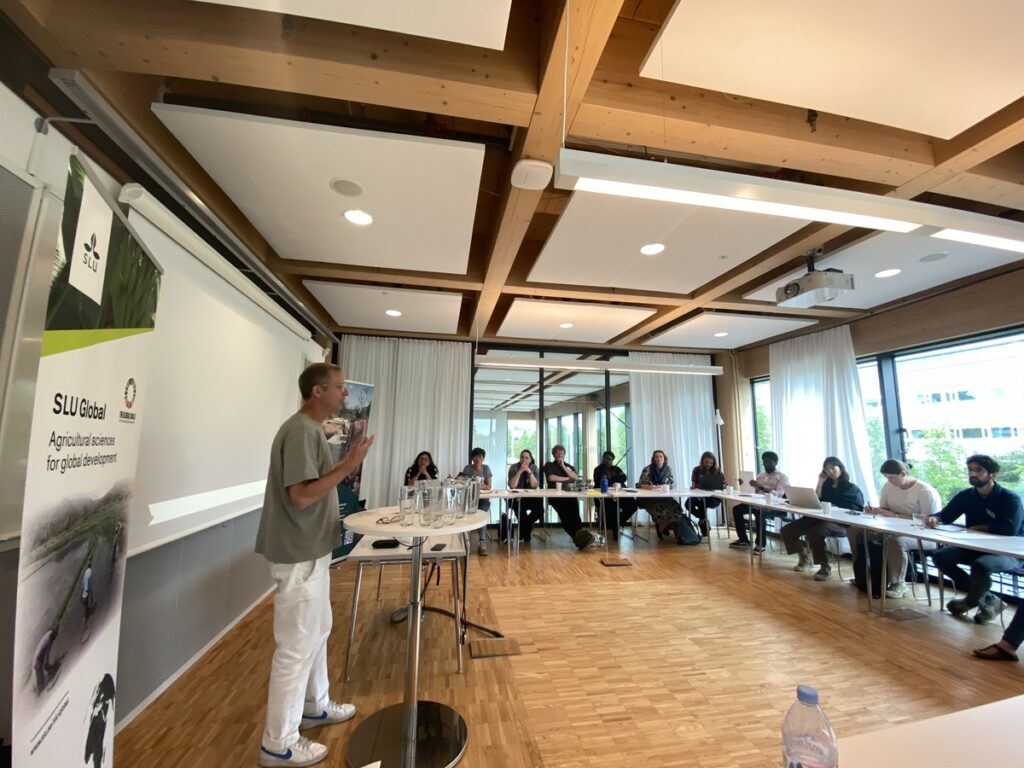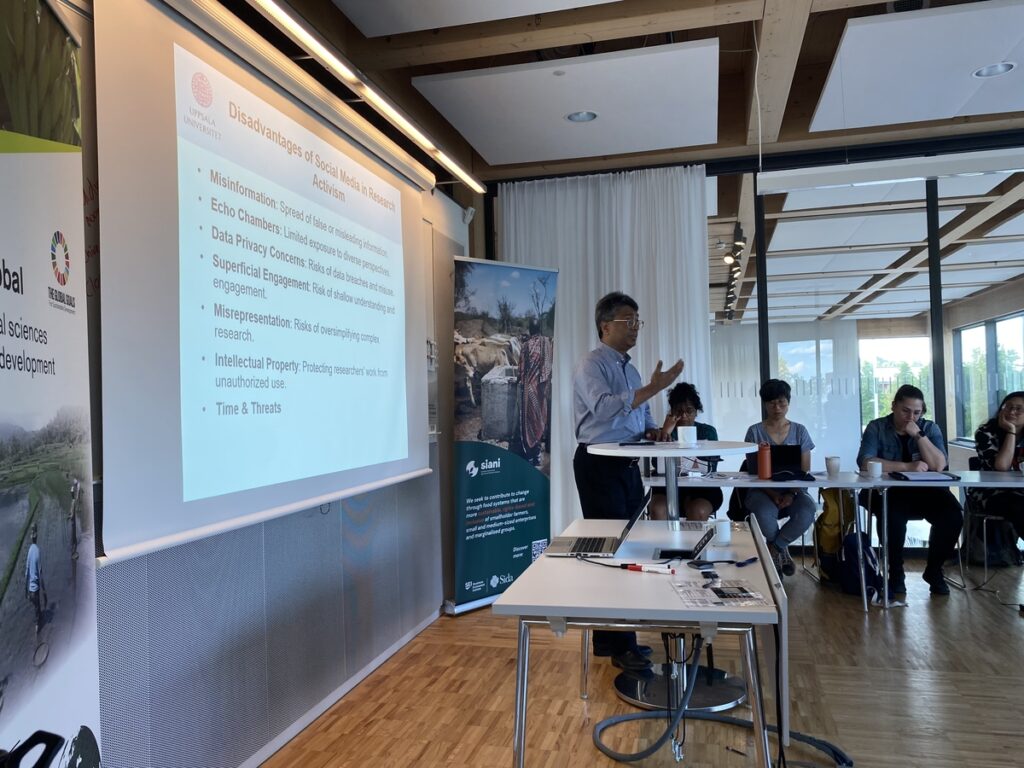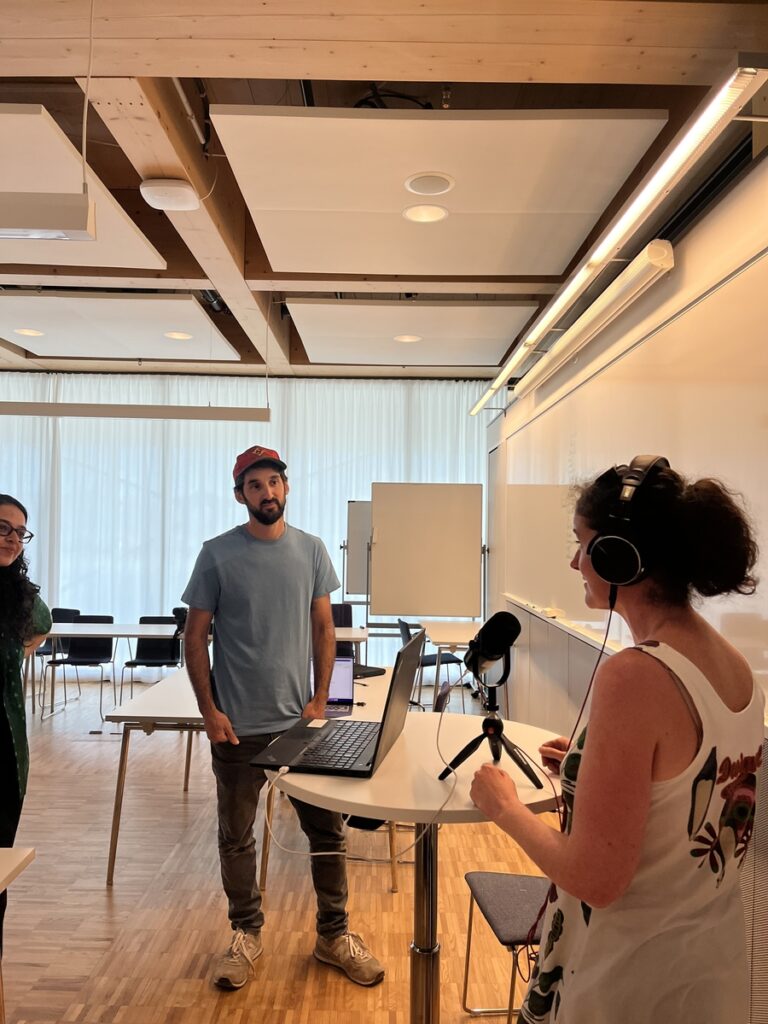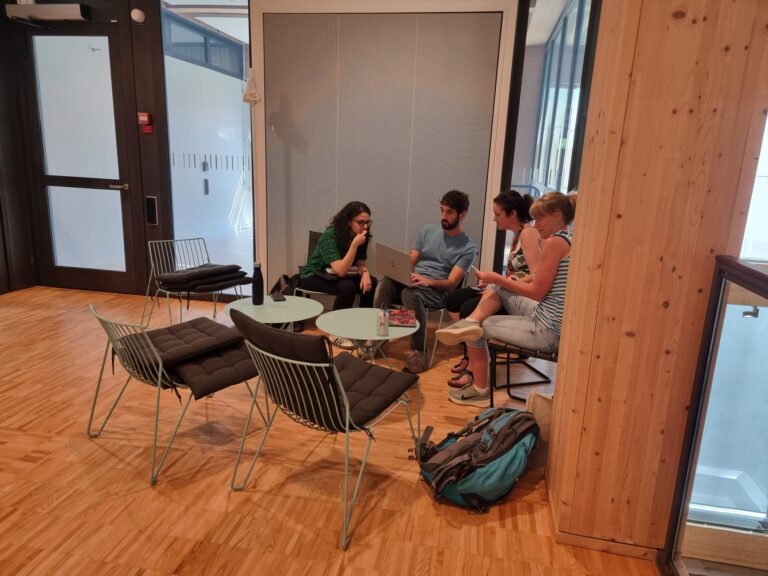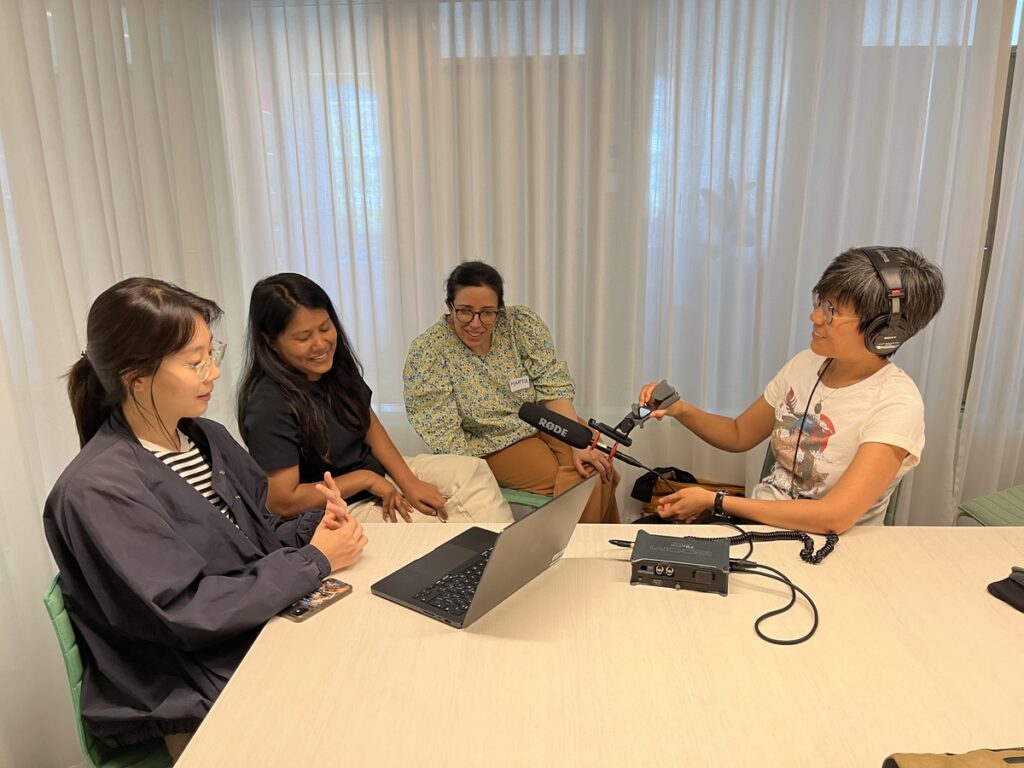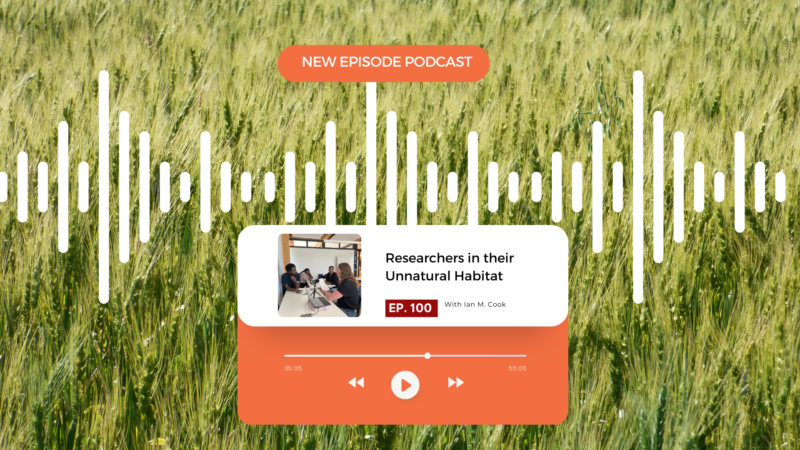The conventional format for presenting research in a journal or publication doesn’t have to be the only way to share information. That’s why the Young Researchers workshop provided a platform for discussing various presentation methods and evaluating their effectiveness in real-world situations. The intense two-day research workshop began on 29 May. When the clock turned 9, participants started to show up at Ulls Hus, at the Swedish University of Agricultural Sciences (SLU), campus Ultuna. The participants for this workshop have a common interest in food systems and were there to learn about alternative ways of communicating scientific research than just through journal articles.
Linguistics can help reach new audiences
Magnus Linton, journalist and writer, kicked off the workshop by sharing 7 “necessary changes of mindset” you must consider enabling your research to reach a wider audience. It’s important to remember that even in a journal article, you can still infuse it with originality and humour. Magnus refers to it as adjusting formality, emphasizing the use of active voice and spoken language, and avoiding zombie nouns and excessive sign posting. Another aspect is motion, meaning that it is important to connect your writing to contemporary global themes and events. He also referred to the “zoom problem”, explaining how passive participation in online meetings at a motion-less screen can make it difficult to focus and engage. “More cameras”, or in this case more dimension and motion, can help to engage the reader. Additionally, opening strongly, such as an impressive fact, dilemma or maybe even a controversial statement, can help the writer catch people’s interest.
